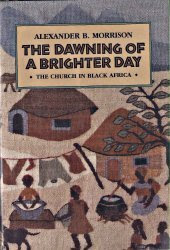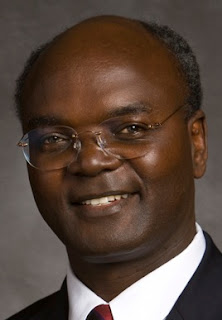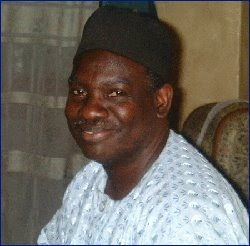 What happens when you take a fictional suspense-thriller and place it in Utah, the center of Mormonism? Latayne C. Scott gives us an example in her novel Latter-day Cipher. A former Mormon who converted to evangelical Christianity, Scott helps readers understand Mormonism through a murder mystery.
What happens when you take a fictional suspense-thriller and place it in Utah, the center of Mormonism? Latayne C. Scott gives us an example in her novel Latter-day Cipher. A former Mormon who converted to evangelical Christianity, Scott helps readers understand Mormonism through a murder mystery.The main character is Selonnah Zee, who winds up in Utah when the murders begin taking place. As a journalist, she is quickly assigned to cover the growing number of deaths which are connected by Mormonism and its history. In reporting on these complex cases, she finds herself embarking on a crash course in Mormonism, from her LDS cousin Roger to her newfound local reporter friend Anne. Can Selonnah wrap her mind around Mormonism enough to solve these crimes? And what will these crimes expose about the Mormon church? You’ll have to read the book to find out.
I admit up front that I don’t read a lot of fiction, so I’m not evaluating the book’s literary merits from a position of strength. I can see reviewers critiquing Scott’s work as being somewhat underdeveloped, with the plot serving primarily as a vehicle for teaching readers about Mormonism. With this in mind, the book may fall short for someone who’s simply looking for a good thriller.
At the same time, I really appreciate Scott in her attempt to creatively educate people about Mormonism. Many Christians and others may never pick up a book summarizing and evaluating LDS teaching. But they would likely be drawn to a contemporary murder mystery novel which is filled with information on Mormonism’s history and beliefs. Consequently, as a teaching tool, I really like her book. I would definitely give it to a Christian friend who enjoys this kind of fictional work. It even has questions for discussion in the back to think through some of the concerns and issues that she raises.
Nevertheless, I should offer a few disclaimers. First, given the nature of the crimes, the storytelling can be graphic and may be inappropriate for some readers. Second, Selonnah’s friend Anne is a Christian who explains the Trinity by using the analogy of three states of water (ice, water, and steam)—a common illustration that’s fundamentally flawed and can lead to a misunderstanding of the nature of God. Third, I don’t think the ending provides sufficient closure to the story. I can only assume that this book is meant to be the first of a series, but I felt like the book just kind of abruptly ended.
In any case, I don’t believe that these caveats should necessarily prevent Christians from reading an entertaining page-turner which will also inform them a great deal about Mormonism. I pray that the Lord will use Latter-day Cipher to better prepare His people to lovingly respond to the errors of Mormonism with the truth of biblical Christianity.

 Though Mormons have always zealously sought to convert others to their faith, in many ways their “last frontier” has been Africa. Given its long history of racism toward Africans, the LDS church’s early missionary efforts generally steered clear of black Africa. All of this changed when the LDS church released “
Though Mormons have always zealously sought to convert others to their faith, in many ways their “last frontier” has been Africa. Given its long history of racism toward Africans, the LDS church’s early missionary efforts generally steered clear of black Africa. All of this changed when the LDS church released “
 1) Peggy Fletcher Stack, "
1) Peggy Fletcher Stack, " In the afterglow of Easter I’m reminded of how the Apostle Paul opens his well-known chapter on the resurrection. He grounds the life-changing message of the Gospel in the death and resurrection of Jesus Christ. And by holding fast to Christ’s redeeming work, you and I are saved—what
In the afterglow of Easter I’m reminded of how the Apostle Paul opens his well-known chapter on the resurrection. He grounds the life-changing message of the Gospel in the death and resurrection of Jesus Christ. And by holding fast to Christ’s redeeming work, you and I are saved—what 

 Since no one submitted a question for
Since no one submitted a question for 


